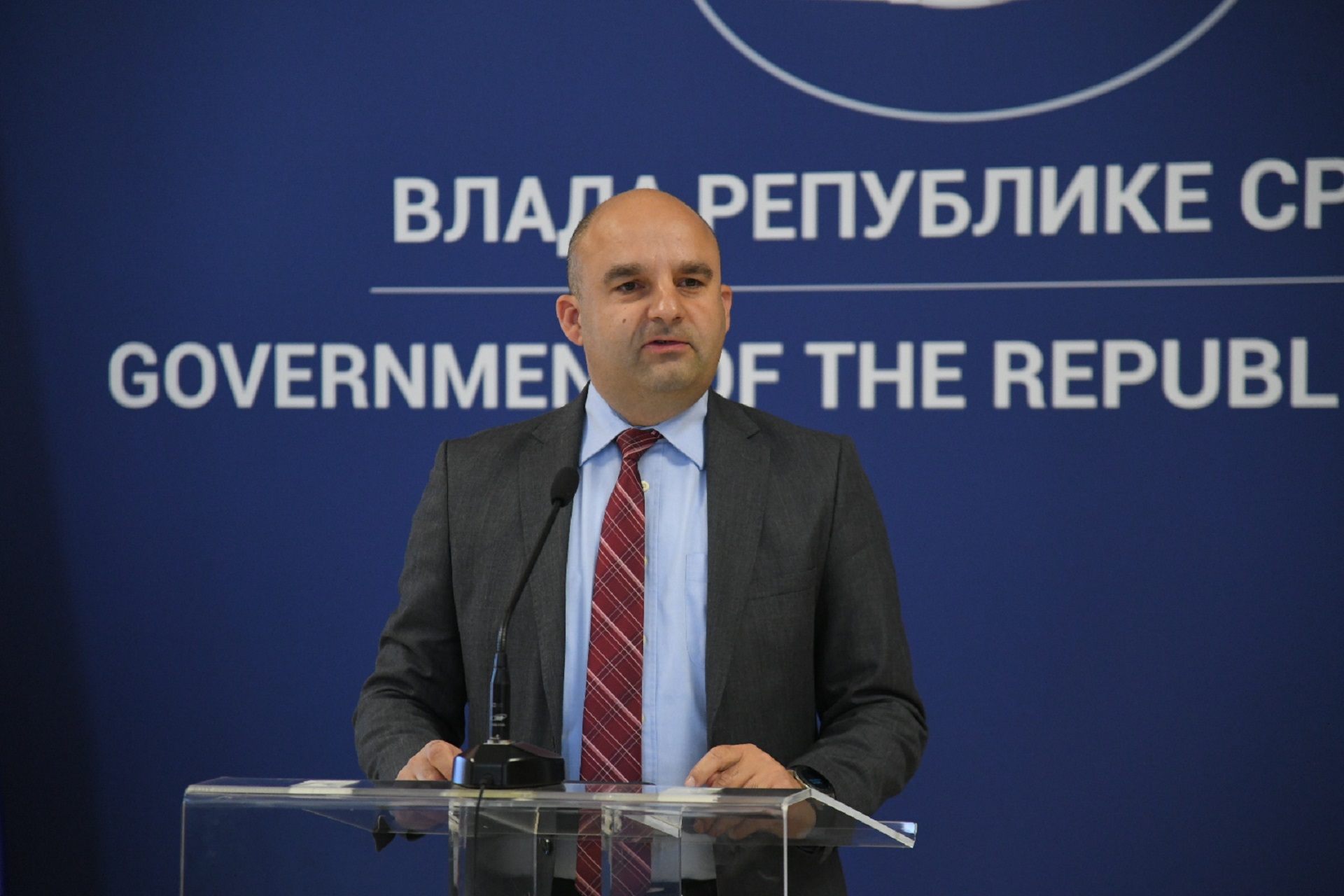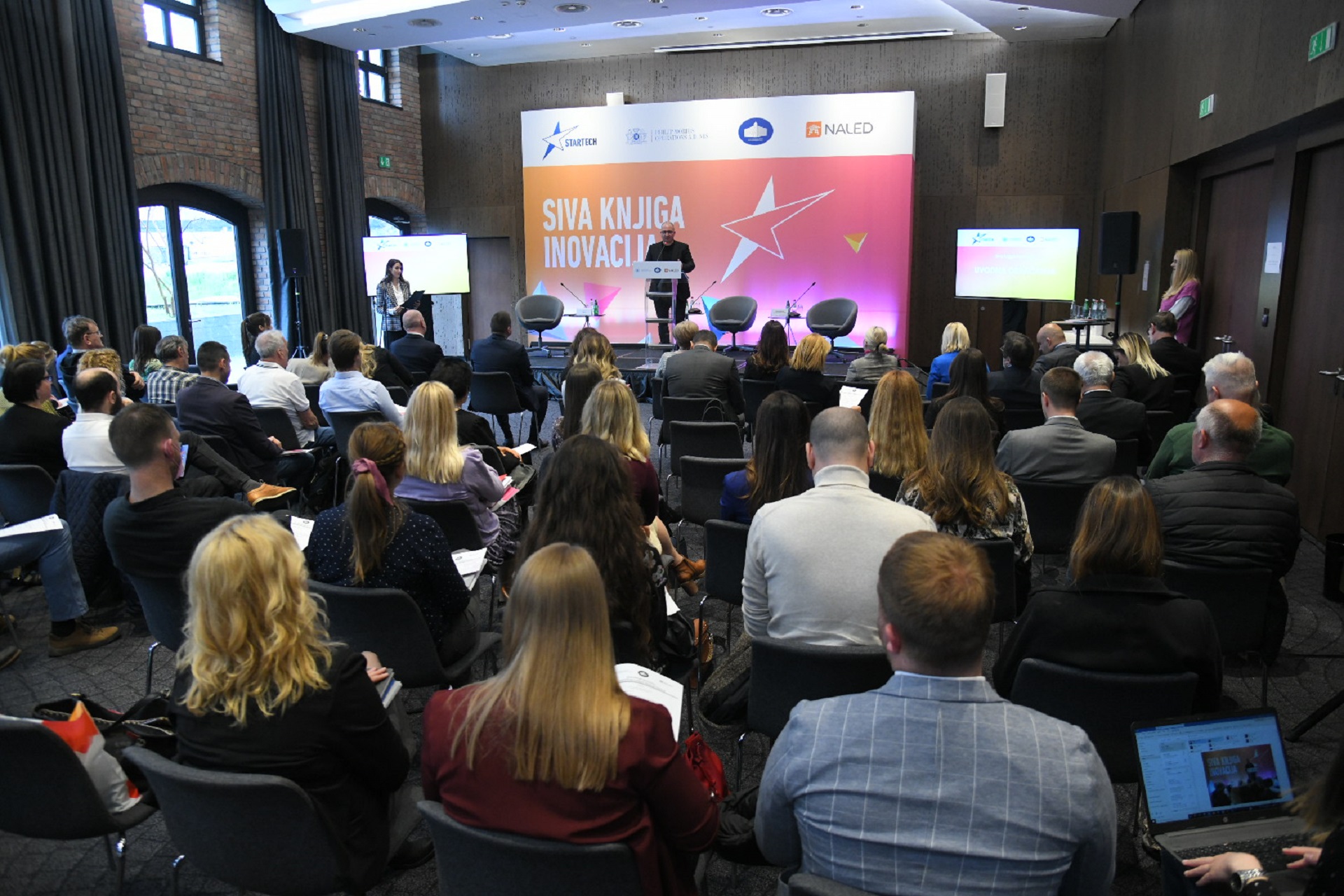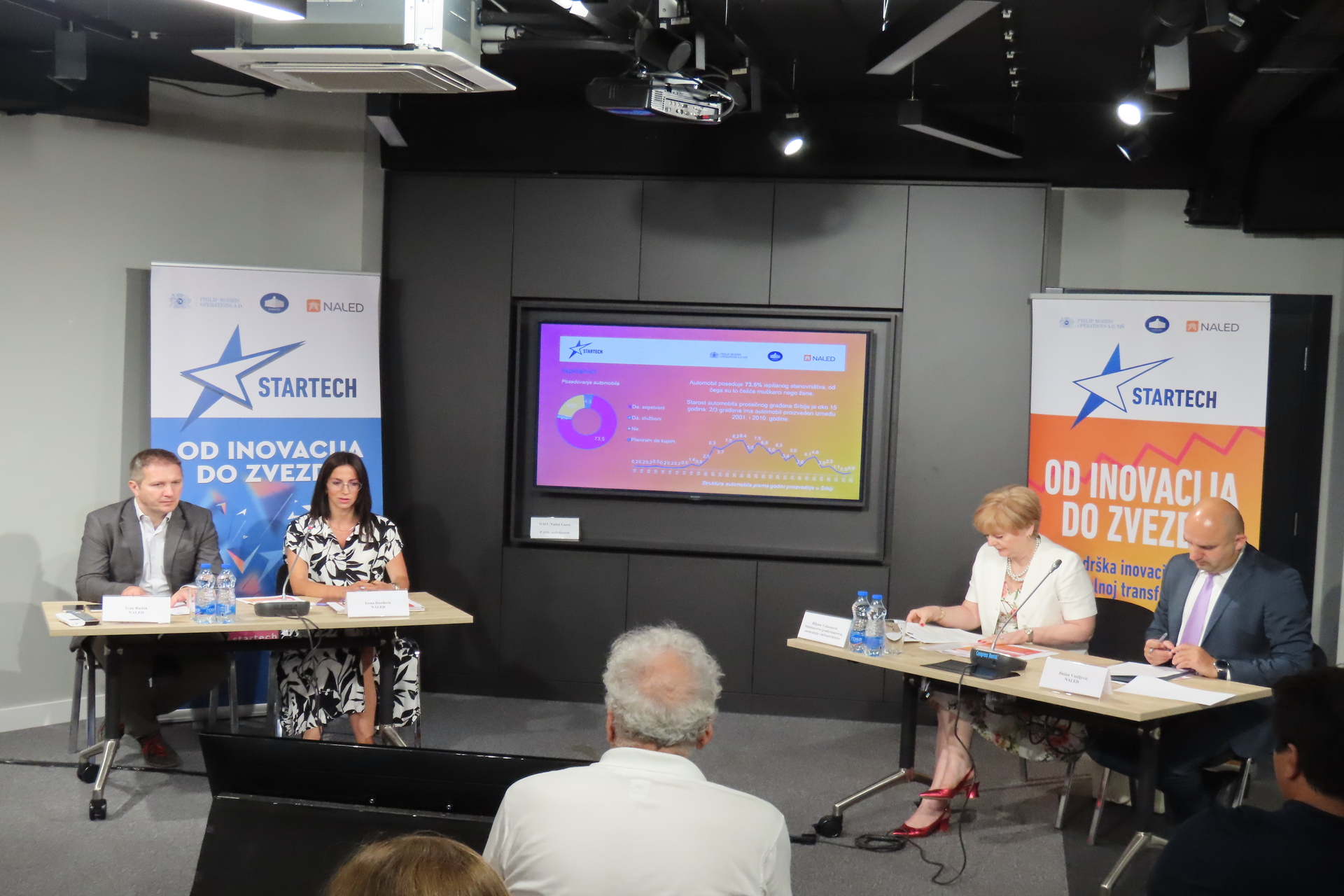Electric vehicles still out of reach for the majority of citizens in Serbia
Although the topic of electromobility is highly present in the public, Serbia’s noticeable interest in electric cars, which was confirmed by recent research within the StarTech project, is still limited by the high price, said Dušan Vasiljević, Director for Competitiveness and investments in NALED, visiting the Blic business forum dedicated to eMobility, global trends in this area, the current situation in Serbia, and also further plans for the future.
- Market trends are different from year to year. On average, electric vehicles are 10,000 euros more expensive than regular, while citizens are willing to pay between 1,000 - 3,000 euros more for an electric car that would have the same performance as a conventional vehicle. Therefore, given that the difference is significantly greater, it is obvious that these types of cars are still not and will not be available to the majority of our citizens for some time - said Vasiljević.
According to him, the positive thing is that the state has a program of subsidies amounting to about 120 million dinars, however, the problem is that they are quickly spent, already during the first half of the year, due to great interest. He added that the key generators of the transition to electromobility should be business entities, as well as public companies, because this will solve the second biggest problem, which is the issue of infrastructure for the use of electric vehicles.
- When it comes to NALED, we are advocating for the adoption of a strategy that would regulate the actions of all state bodies and that would provide a type of predictability to the economy, which would thereby be aware of further steps in this area. What is most urgent is to enable the transit through Serbia to take place smoothly for this types of vehicles, then to provide benefits to citizens for their use, but also for our economy to participate more in their development and innovation - pointed out Vasiljević.
Tomislav Momirović, Minister of Construction, Transport and Infrastructure, explained that the state has started investing in infrastructure and is actively supporting the purchase of electric and hybrid cars through subsidies in the amount of 5,000 euros for citizens and up to 8,000 euros for taxi transport, and that it encourages the development of this industry in the future. He also announced the preparation of a study on the justification of the measure prohibiting the overtaking of freight vehicles in certain time intervals, which was sent to the public company "Roads of Serbia".
- Our goal is to speed up traffic, and for passengers to reach their destinations faster, so that next summer everyone who travels by car - on roads in Serbia, going to North Macedonia or Greece, will arrive at their destination an hour faster. These are big challenges in complex conditions, since Serbia is not a member of the EU, we are working to further integrate, speed up traffic and focus on investments and infrastructure - explained Momirović.
Ivan Blagojević, professor from the department of motor vehicles at the Faculty of Mechanical Engineering, speaking on the advantages of electric vehicles compared to conventional ones, emphasized the superior characteristics in energy efficiency, the possibility of starting at low temperatures, cheaper maintenance, as well as zero emission of exhaust gases during its work.
- In addition to the advantages, some disadvantages are also visible, which are reflected in the fact that an electric vehicle is heavier than an ordinary vehicle power because batteries are heavy, and large, the supply of electricity lasts longer than the usual refueling, but also the impossibility of stopping on every road for charging - Blagojević said.
Dejan Ilić, a scientist and innovator and a member of the Supervisory Board of the companies "Varta" and "Ari", on this occasion pointed out that the current energy crisis will certainly slow down the development of the electric vehicle industry and pointed to the example of the German-speaking areas, where citizens' interest in electric cars has sharply decreased from 63% to only 20%. At the same time, he is a supporter of the thesis that solving the infrastructure of the entire eMobility system does not make sense without EPS coordination, as well as the idea of introducing measures that would give priority to electric vehicles, such as free parking, use of the yellow lane or privileged entry into the city center.
Ivan Smiljković, member of the Executive Board of Procredit Bank in charge of energy efficiency, explained that the bank has been actively dealing with these issues since 2006, with the value of the portfolio amounting to 150 million euros and making up nearly 14% of the bank's total portfolio, with total payments for energy efficiency in almost half a billion in the last few years and added that banks are always ready to support the transition to electromobility.



